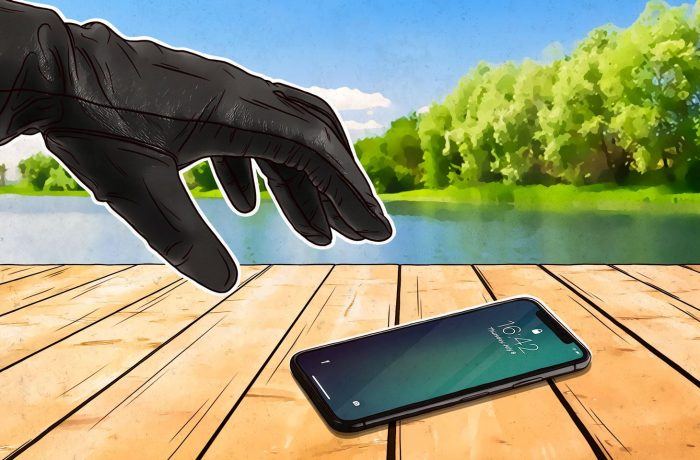
Charity on the Internet: How to identify scammers
Scammers prey on people’s kindness. We tell you how to distinguish them from those who are truly in need.
153 articles

Scammers prey on people’s kindness. We tell you how to distinguish them from those who are truly in need.

A new scam aims to unlink a stolen iPhone from the victim’s Apple ID so it will fetch a higher price.

Using persuasion instead of viruses: How scammers talk people into granting remote access to their computers.

Tempted to stream Game of Thrones free? Be very cautious: You might pay for it with your passwords and credit card details.

Dave and Jeff take on the Airbnb bedroom filming story, ATMs helping stop Bitcoin scams, and more.

Dave and Jeff talk about Avengers: Endgame scams, trust in social networks, the new royal baby, and more.

Dave and Jeff take a look at the latest in the IC3 report, digital clutter, USB devices gone rogue, and more.

Tempted to find the movie Avengers: Endgame online? Be cautious: A lot of websites promise to deliver but collect your passwords and credit card details instead.

Fake technical support websites and accounts in social networks pose a real danger. How to spot and avoid them.

Do not expect data encrypted by ransomware to be restored easily. It is better to protect the data in the first place.

Scammers are sending tons of YouTube direct messages pretending to be from top YouTubers. They’re phishing. Here’s how the scheme works.

Jeff and David take a look at a recalled smart watch in the EU, faulty webcam covers from the NSA, changes in iOS, and more.

Meet Lenny, the voice chatbot that can be used against telemarketers and phone scammers.

In this edition of the Kaspersky Lab podcast, we discuss ways you can stay safe shopping online during Black Friday and Cyber Monday.

In this edition of the Kaspersky Lab podcast, we discuss a targeted cryptocurrency scam, Canadian weed database breached, bio chips, and the current state of spam and phishing.

Twitter cryptocurrency scams are becoming more and more advanced and convincing, with scammers using new techniques and some heavy artillery.

How scammers are exploiting the GDPR fuss to extract personal data.


In this week’s edition of Kaspersky Lab’s podcast, Jeff and Dave discuss a Ethereum scam in Twitter, China’s surveillance glasses, and iPhone source code on GitHub.

Attackers pretending to be acquaintances asking for money — the story is old, the approaches new. We show you how to avoid the e-bait.